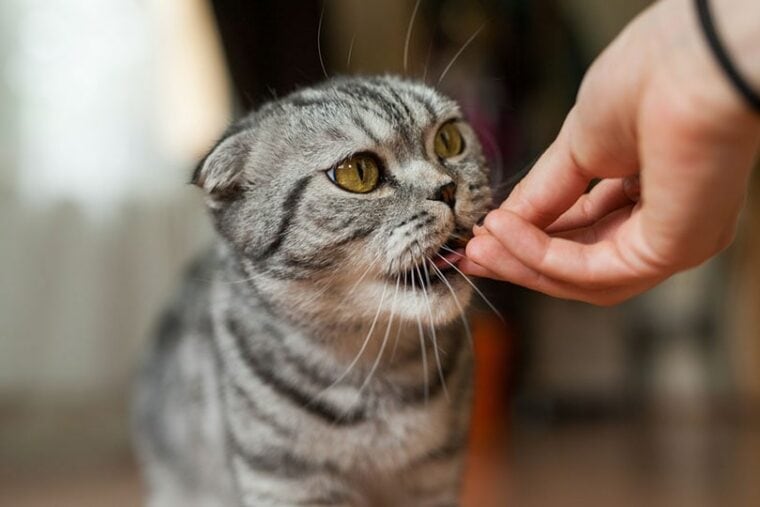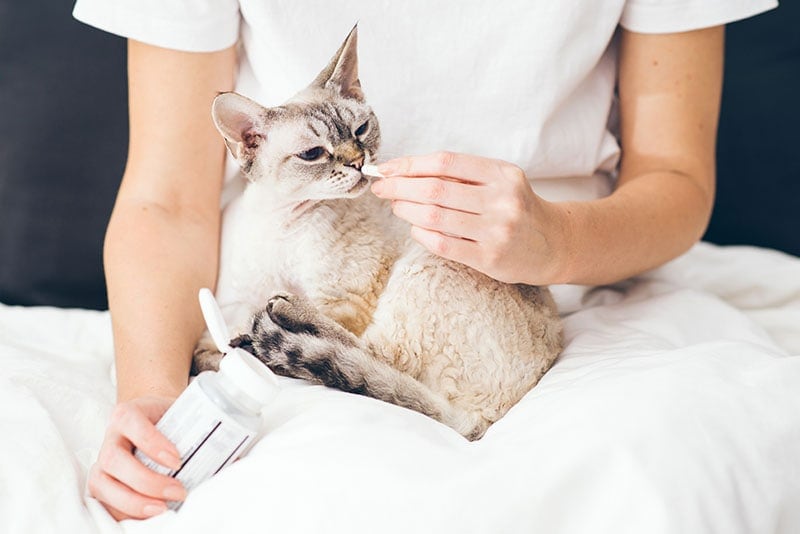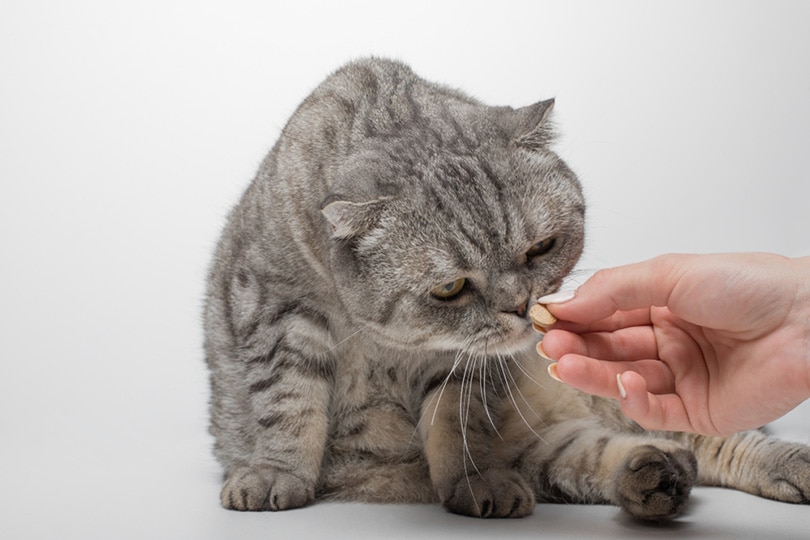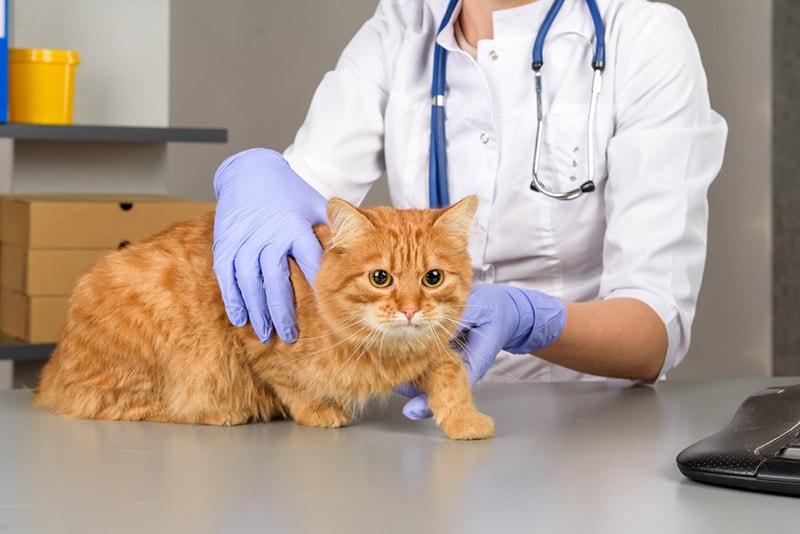
This is the billion-dollar question. There are entire stores, isles, and industries dedicated to supplements. It is hard to walk past them without seeing something advertised to “cure” your cats’ problems—no matter what the problem is.
Is that because they work? Or is it because advertising is so effective?
Despite a long history of supplements being used for medical results, there is no way to avoid the not-so-clear answer to this question. Supplements are not necessary for cats but only in certain cases, when your vet prescribes supplements for your cat, this can have a positive effect.
Veterinary Science and Supplements
As a professional veterinarian, I advise treatments that have repeated evidence. And unfortunately, there are few supplements that have this type of scientific evidence. Furthermore, no regulating body monitors supplements, so for each product, every bottle, it is difficult to guarantee its definite effectiveness and results—especially using science.
While some supplements have more evidence than others, the lack of regulation and standardization complicates veterinary advice.

Cats and Supplements
There is no miracle supplement that is good for every cat to take. Each individual cat’s lifestyle and health needs its own assessment, and each brand of supplement needs to be separately evaluated.
Some are better than others, and some cats will benefit from certain supplements while others will not.
The Difference Between Drugs and Supplements
Some people might think that drugs and supplements are the same things.
There is no agency that regulates claims of labels, so be critical and do not believe all the claims just because they are printed. Many companies try to use testimonials from customers to replace scientific evidence and experimental studies. Be skeptical of customer reviews promoted by the company.
Effective Dose
Because many supplements have not done the experiments, the amount of supplement needed to have an effect is unknown. Many dosing regimens are empirically derived; they are created from user stories.
Furthermore, because supplements are not regulated, the amount of a supplement in different bottles can vary dramatically, with little proof.
These unknowns make it difficult to assess how much of a supplement a cat is getting and how much it actually needs. As a result, giving supplements is not as precise as giving drugs, but there is also usually more room for safety. But still, remember that the margin of safety is not unlimited.

“Natural” Does Not Always Mean Safer
There are many natural plants in nature that are poisonous or toxic. Even different parts of a plant can be more toxic than others (i.e., the root, leaf, or stem). So just because a label claims it is all-natural does not mean it is inherently safe.
Cats Are Not Dogs
Often when there is little scientific evidence to support a supplement’s effectiveness, assumptions are made using other species. So, if a supplement seems to work in dogs, then it is assumed that it will also work in cats. Or if it works in humans, then it is assumed to work in cats.
However, cats are very different; even drugs can affect them differently. So be extra cautious when extrapolating expected results from other species to your cat. And be sure to only buy supplements that are for cats.
Never use human supplements for your cat. Some additives that are added to human consumables are toxic for them. For example, xylitol, which is a sweetener for humans, is toxic for cats and dogs.
Be Extra Cautious With Supplements
While supplements exist because they do not cause harm and may or may not have medical benefits, there are certain circumstances when they could cause harm.

Evidence for Supplements
Some supplements do have more evidence than others. For example, the supplements listed below do have some significant evidence supporting their use. And while this list is not complete or extensive, it does suggest that some supplements might be useful for some cats.
Final Reminders
Even the best supplements are not miracle cures. There is an extraordinary amount of variability in the making, effectiveness, and safety of supplements. The keyword to keep in mind is that supplements, even the best ones, help with problems; they do not cure problems. They may help a cat head in the right direction of health, but the overall comprehensive health of your cat requires many components. Always discuss supplementation with your vet so everyone has the entire picture of health.
Featured Image Credit: Jakub Zak, Shutterstock







